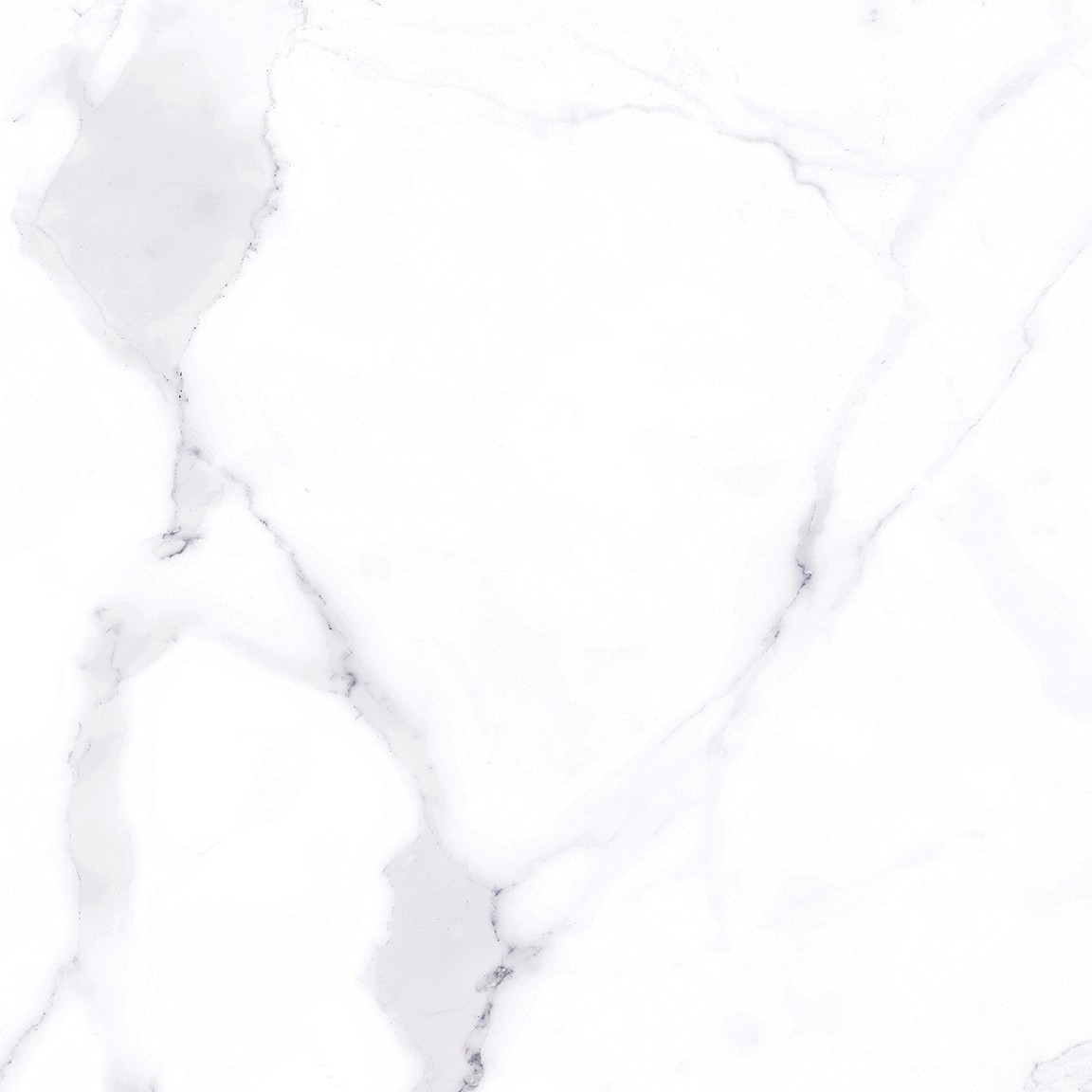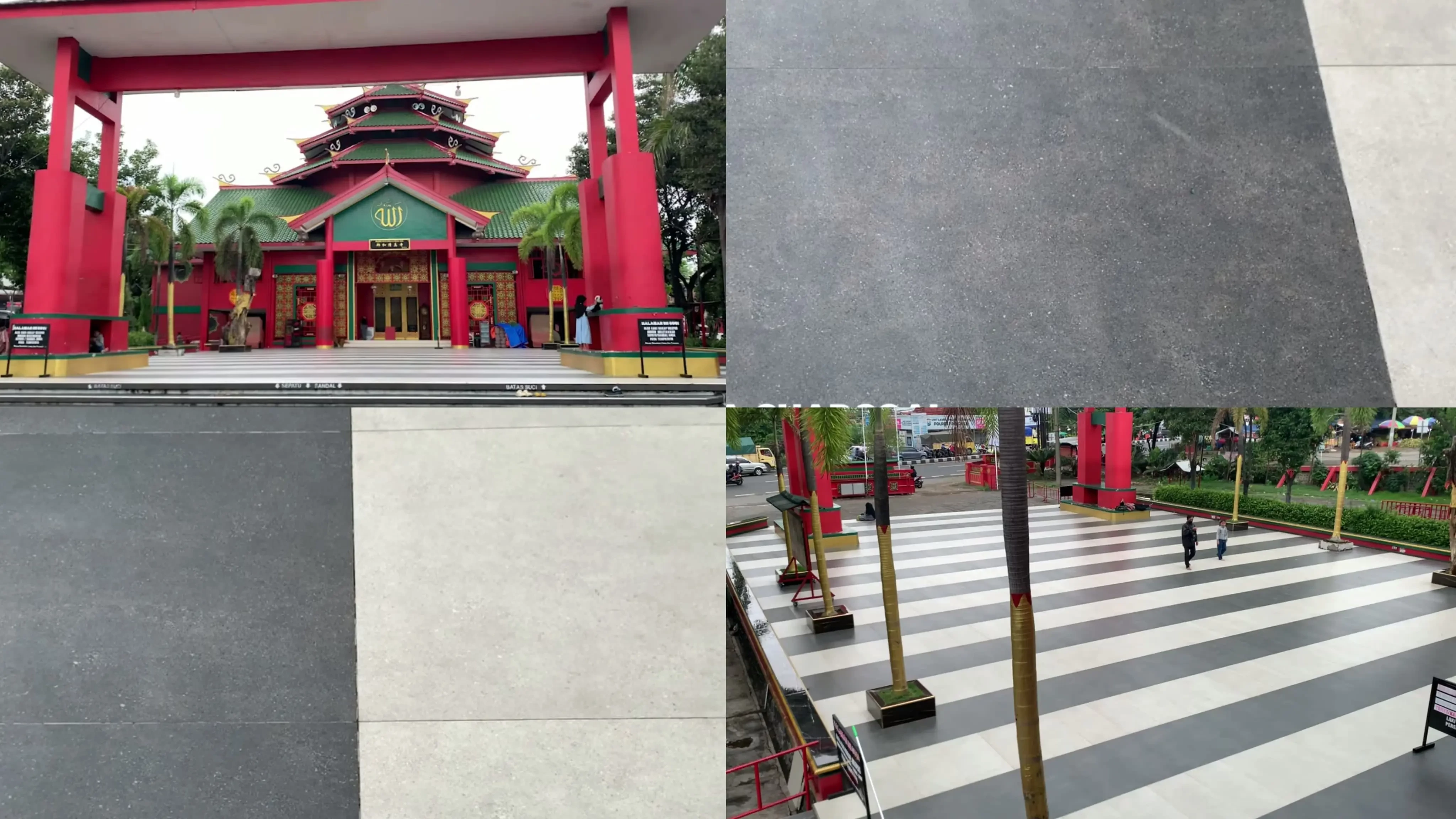

The Muhammad Cheng Hoo Mosque is one of the icons of Islamic architecture in Indonesia that combines the beauty of Chinese culture and Islamic nuances in a charming harmony. Built as a tribute to Admiral Cheng Hoo, a Muslim explorer from China, this mosque has a unique design with typical Chinese ornaments, such as a curved roof and the dominance of red, green, and gold. Not only a place of worship, this mosque is also a symbol of tolerance and cultural acculturation, attracting tourists and worshipers who want to feel the spiritual atmosphere while enjoying the beauty of its magnificent architecture.
The Muhammad Cheng Hoo Mosque is not only stunning in terms of Chinese-Islamic style architecture, but also pays attention to the details of the materials used to give a magnificent and comfortable impression. On the porch terrace, this mosque uses tiles from Sun Power Ceramics with the Baronia Charcoal (M1263310) and Baronia Perla (M1261112) series which have a matt structure, creating an elegant appearance with a modern touch that still blends with the classic feel. Meanwhile, the bathroom floor is decorated with Thunder White (G60169) with a glossy structure, giving a clean, spacious, and luxurious impression with light reflections that strengthen the aesthetics of the space. This combination of materials not only adds beauty, but also increases comfort for worshipers who worship and visit this mosque which is full of historical and cultural value.
To purchase products from Sun Power Ceramics, customers can easily access its official application available on the App Store and Google Play. Through this application, users can explore various collections of tiles for floors, walls, and get room design inspiration that suits their needs. The advantages of Sun Power's services lie in the ease of access to product information, interactive design visualization, and the possibility of choosing tiles according to preferences without having to come directly to the store. In addition, the presence on various social media platforms also makes it easy for customers to get the latest updates and consultation services. However, the drawback may lie in the limited physical experience—because customers cannot directly feel the texture and quality of the product before buying, which can be a challenge for those who prioritize direct experience in choosing building materials.

